Elevate Your Brand with Apppl Combine: The Ultimate Video Production Agency
Apppl Combine is a top video production agency, crafting high-quality, creative videos to elevate your brand.
2024-04-07
Ad Agency, Advertising Agency

Explore the intricacies of influencer marketing, its evolution, and the pivotal role of authenticity.
In today's fast-paced digital world, where social media platforms have become the primary channels for communication and content consumption, influencer marketing has emerged as a transformative force in the realm of advertising and brand promotion. With the ability to reach millions of engaged consumers with just a few clicks, influencers have become powerful advocates for brands, shaping consumer preferences and driving purchasing decisions like never before.
In this blog, we'll explore the intricacies of influencer marketing, from its fundamental principles to its evolution into a multi-billion-dollar industry. We'll delve into the concept of authenticity and its pivotal role in forging meaningful connections between brands, influencers, and their audiences. Additionally, we'll examine the rise of micro-influencers and the unique advantages they offer for brands seeking to engage with niche audiences in a more targeted and personalized manner.
Join us on a journey through the dynamic landscape of influencer marketing as we uncover the strategies, trends, and best practices that are shaping the future of brand collaborations in the digital age. Whether you're a marketer looking to harness the power of influencers or an influencer seeking to enhance your partnerships with brands, this blog will provide valuable insights and inspiration for navigating the ever-changing world of influencer marketing.
What is Influencer Marketing?
Influencer marketing is a form of marketing that leverages individuals with a large and engaged following on social media platforms to promote products or services. These individuals, known as influencers, have built credibility and trust with their audience, making their recommendations and endorsements highly influential. Brands collaborate with influencers to reach specific demographics, increase brand awareness, drive engagement, and ultimately, boost sales.
How Does it Help the Brand?
Influencer marketing offers several benefits for brands:
1. Increased Reach and Visibility: Collaborating with influencers allows brands to tap into their existing audience base, reaching a larger and more targeted demographic than traditional advertising methods.
2. Authenticity and Trust: Influencers often have a more personal and authentic connection with their followers, making their recommendations feel genuine and trustworthy. This authenticity can significantly impact consumer perception and purchasing decisions.
3. Engagement and Brand Advocacy: Influencers have the ability to create compelling content that resonates with their audience, sparking conversations and interactions around the brand. This engagement can lead to increased brand advocacy and loyalty among consumers.
4. Diversified Content: Partnering with influencers enables brands to showcase their products or services in diverse and creative ways, leveraging the unique storytelling and creative skills of each influencer to connect with consumers on a deeper level.
Who are Micro-Influencers?
Micro-influencers are individuals who have smaller but highly engaged followings on social media, typically ranging from a few thousand to around 100,000 followers. While they may not have the massive reach of macro-influencers or celebrities, micro-influencers often have a more niche and dedicated audience within a specific interest or industry. This focused audience allows micro-influencers to cultivate deeper relationships and higher levels of engagement with their followers, making them valuable partners for brands seeking to target specific demographics or niche markets.
Micro-influencers offer several advantages for brands:
1. Higher Engagement Rates: Micro-influencers tend to have higher engagement rates compared to macro-influencers or celebrities, as their followers feel a stronger connection and sense of community with them.
2. Cost-Effective Partnerships: Collaborating with micro-influencers is often more cost-effective for brands, as they typically charge lower fees or may even be willing to accept product collaborations in exchange for promotion.
3. Authenticity and Relatability: Micro-influencers are seen as more relatable and authentic by their followers, as they often share content that reflects their personal interests, experiences, and opinions. This authenticity can translate into higher levels of trust and credibility for the brand.
4. Niche Targeting: Micro-influencers often specialize in specific niches or industries, allowing brands to reach highly targeted and relevant audiences that align with their products or services.
Authenticity and the Future of Brand Collaborations
As influencer marketing continues to evolve, authenticity has become increasingly important for both brands and influencers alike. In a saturated market where consumers are bombarded with sponsored content, authenticity is the key to standing out and building genuine connections with audiences.
Authenticity in influencer marketing involves:
1. Transparent Partnerships: Brands and influencers should be transparent about their collaborations, clearly disclosing sponsored content to maintain trust and credibility with their audiences.
2. Genuine Recommendations: Influencers should only promote products or services that they genuinely believe in and that align with their personal brand and values. Authentic recommendations are more likely to resonate with audiences and drive meaningful engagement.
3. Storytelling and Creativity: Authenticity is about more than just product placement; it's about telling a compelling story and creating content that resonates with the audience on a deeper level. Brands and influencers should collaborate to create authentic and creative campaigns that capture the attention and imagination of their target audience.
4. Long-Term Relationships: Building long-term relationships between brands and influencers fosters authenticity and trust over time. Brands should invest in nurturing relationships with influencers who are genuine advocates for their brand, rather than pursuing one-off partnerships for short-term gains.
As we look to the future of influencer marketing, authenticity will continue to be a driving force behind successful brand collaborations. Brands that prioritize authenticity and partner with genuine influencers who authentically connect with their audience will stand out in a crowded market and build lasting relationships with consumers.
In conclusion, influencer marketing offers brands a powerful opportunity to connect with consumers in a more authentic and engaging way. The rise of micro-influencers has further emphasized the importance of authenticity and niche targeting in influencer partnerships. As the industry continues to evolve, brands that prioritize authenticity, transparency, and genuine connections with influencers and audiences will thrive in the ever-changing landscape of influencer marketing.
A marketing and advertising agency is committed to helping brands navigate the world of influencer marketing and create authentic and impactful campaigns that resonate with their target audience.

Apppl Combine is a top video production agency, crafting high-quality, creative videos to elevate your brand.
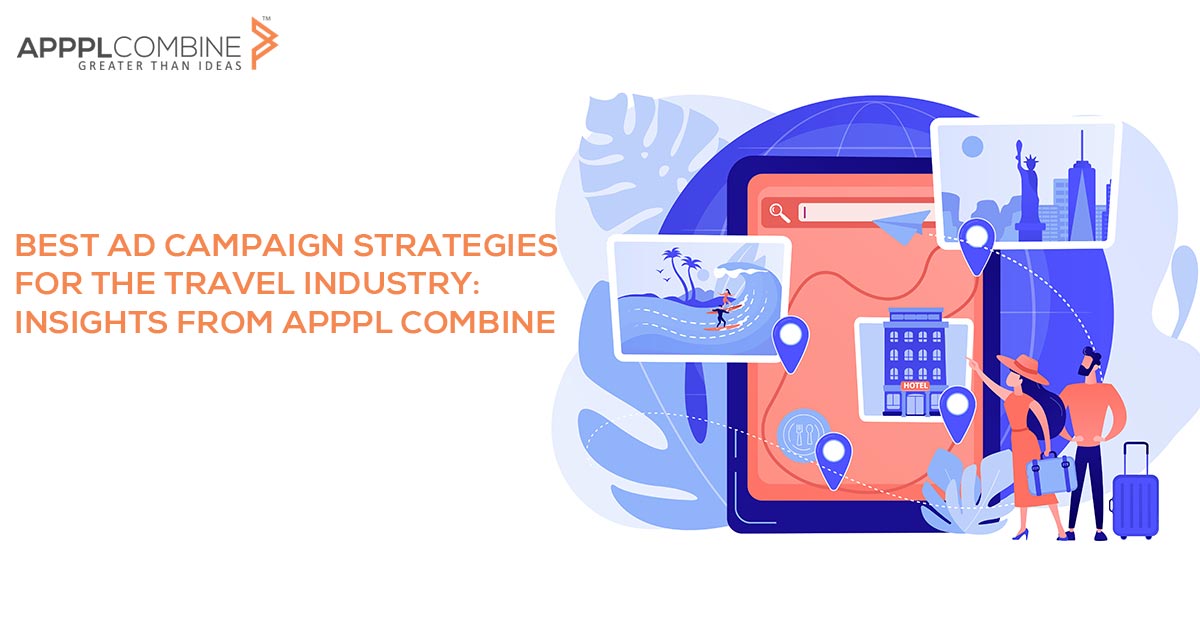
Discover effective ad campaign strategies for the travel industry with insights from Apppl Combine.

Apppl Combine: Top ad agency in Delhi-NCR, crafting impactful campaigns for the education sector

Apppl Combine is the premier choice for brand management in the hospitality sector. Discover their strategies for enhancing guest experiences, building reputation, and driving business growth.

Apppl Combine, a top ad agency in Delhi NCR, specializes in consumer goods advertising, using data-driven strategies, multi-channel campaigns, and creative excellence to achieve success.
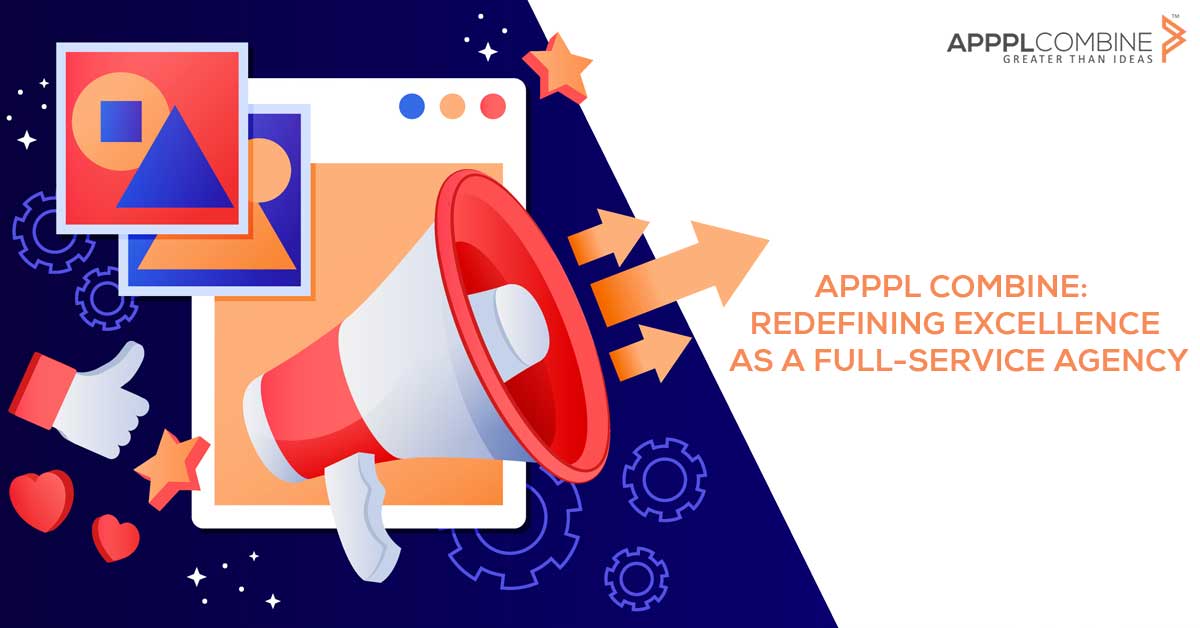
Apppl Combine: Full-service agency offering strategy, creative, marketing & tech for business growth.

Discover how Apppl Combine, Delhi's top creative agency, revolutionizes entertainment with innovative content, strategic partnerships & data-driven campaigns for impactful and personalized experiences

Discover how Apppl Combine, the top ad agency in Delhi NCR, helps sports brands thrive with unique strategies in branding, influencer partnerships, engaging content, and fan loyalty.

Discover how Apppl Combine is redefining marketing as a creative marketing agency. Learn about our blend of creativity, strategy, and technology to create impactful campaigns for modern businesses.

Kajaria Eternity and Apppl Combine redefined leadership in the GVT tile market through innovative campaigns and strategic branding.

The Kerovit ad campaign’s journey with Apppl Combine demonstrates the importance of a clear and consistent brand strategy, particularly in competitive markets.
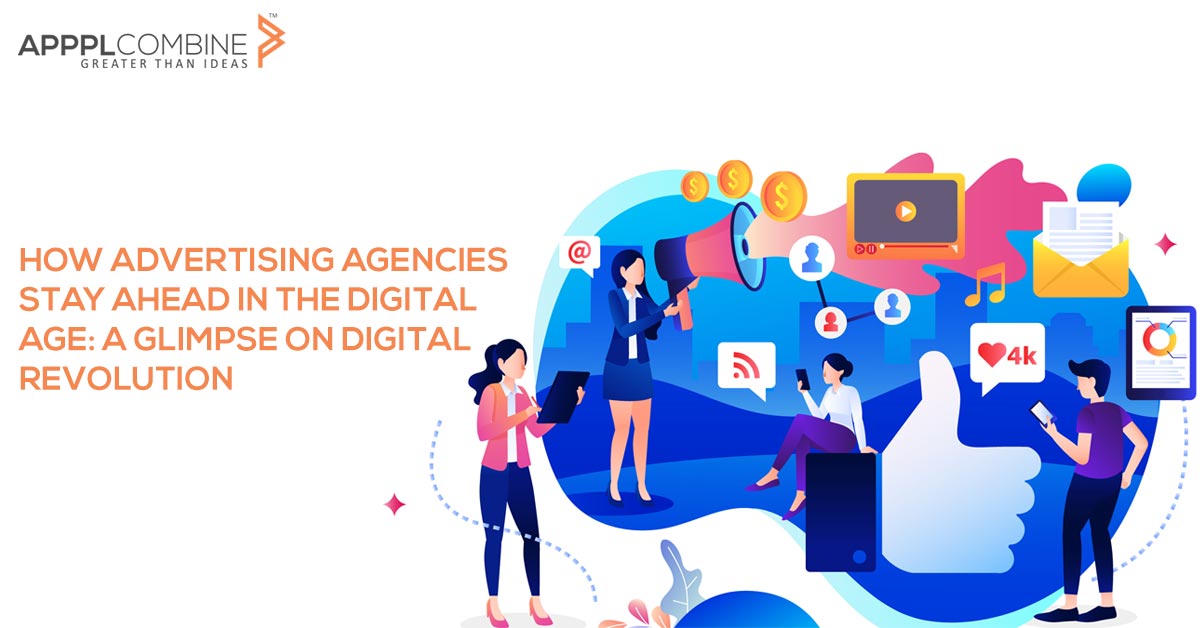
Learn how advertising agencies can stay ahead in the digital age by embracing technology, using data-driven decisions, and adapting to the evolving digital landscape.

Learn how a top digital marketing agency in Delhi can help your brand thrive with expert SEO, PPC, social media, and more.
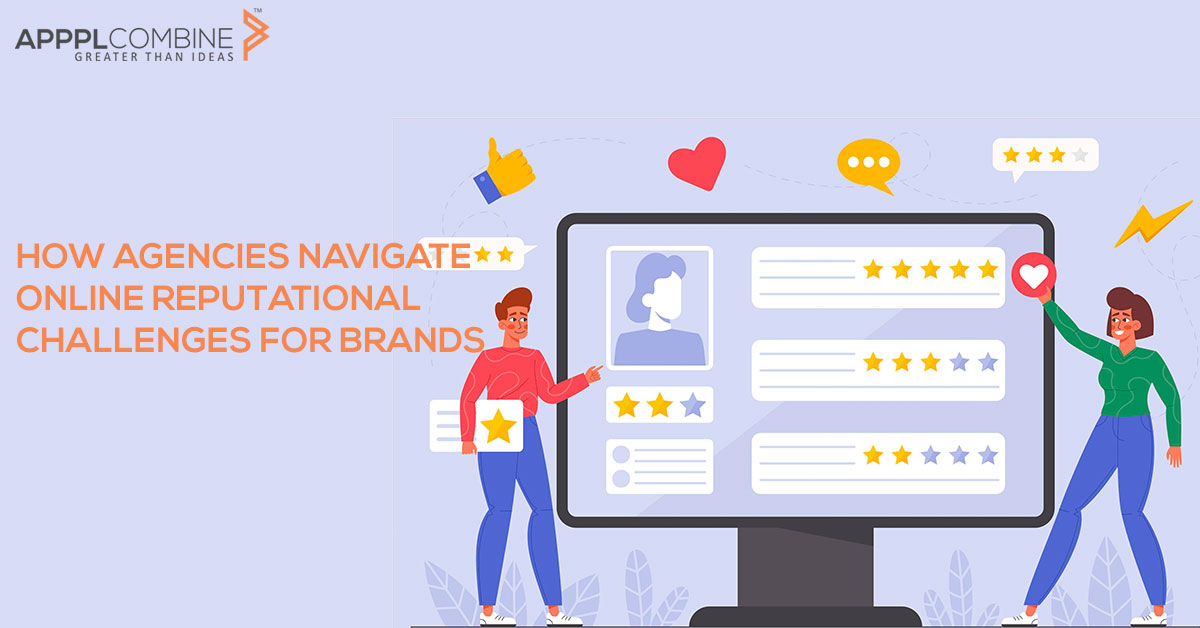
This article delves into the critical role of digital marketing agencies in managing online reputation crises.

Explore how SEO and SEM strategies enhance the online visibility of digital ad agencies, ensuring they stand out in the competitive digital landscape.
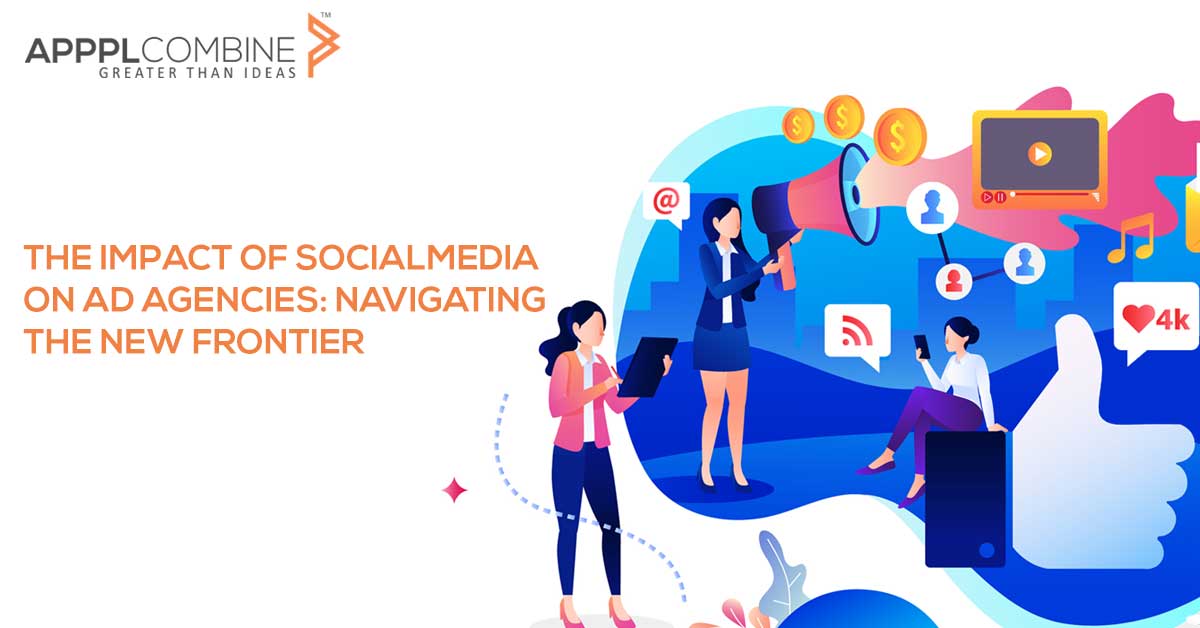
Explore how social media is transforming digital ad agencies. Learn about challenges, opportunities, and strategies from a leading digital marketing agency in Delhi, apppl combine.

Discover strategies to leverage emotional branding and form authentic connections with your target audience. Learn how to identify emotional appeal, create genuine bonds, utilize storytelling.
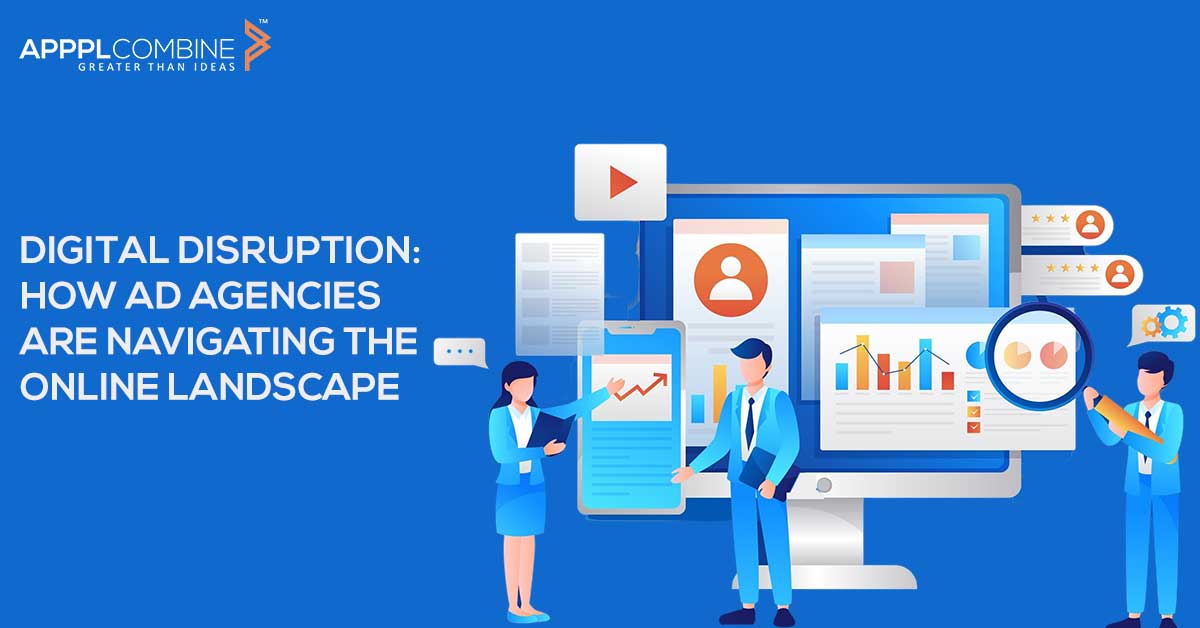
Impact of digital disruption on India's ad industry and strategies for navigating change.

In this blog you will find out how client-agency collaboration drives impactful advertising campaigns by leveraging key factors like communication, trust, and adaptability for marketing success.
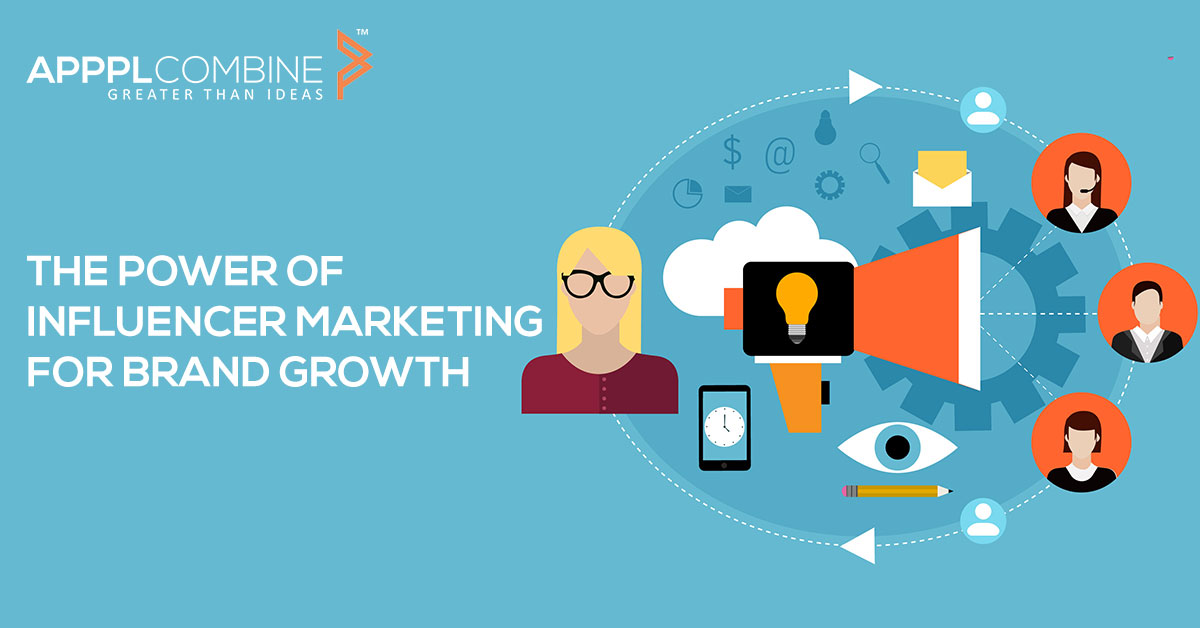
Explore how influencer marketing can drive brand growth, shape consumer behavior, and create authentic content. Learn strategies for choosing the right influencers and measuring campaign success.

Discover the differences between rebranding and brand refresh, and learn how to choose the right strategy to update your brand's image effectively.

Discover how brand extension strategies can help your business unlock new market opportunities and expand your reach.

Discover key brand positioning strategies to help your brand stand out from the competition and attract more customers.

Explore effective strategies for rebuilding brand reputation and restoring trust after facing a crisis.

Explore the intricacies of influencer marketing, its evolution, and the pivotal role of authenticity.
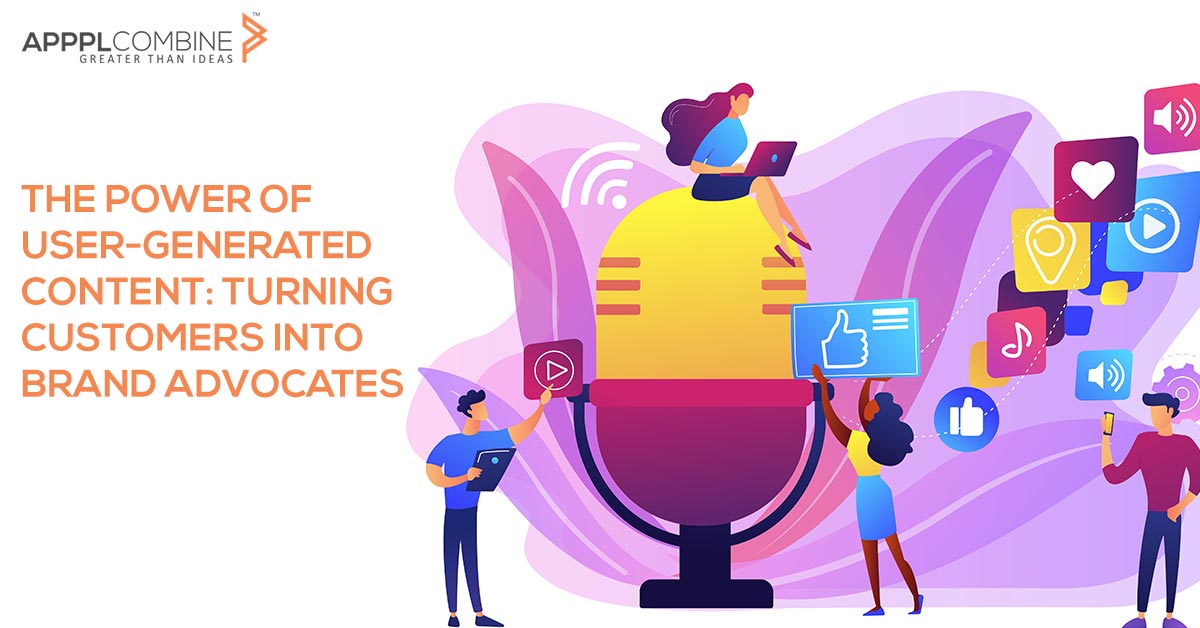
Discover how User-Generated Content (UGC) can revolutionize your marketing strategy.

Explore the importance of trust and brand consistency in creating a strong connection with your audience.

Explore key techniques and strategies to develop a distinctive brand identity that resonates with your target audience and sets you apart from competitors.

Brand guidelines play a crucial role in branding by providing a comprehensive framework for consistent branding across all platforms and touchpoints.

Explore effective strategies to leverage social media for brand success. Find out how to identify the right platforms, create engaging content,utilize influencer partnerships, and measure your success

Explore the latest trends and strategies for successful brand management in the digital age.

Discover how a marketing agency in Delhi can help businesses unlock growth, expand their reach, and connect with their target audience effectively.

Elevate your brand with effective brand management agency services. Learn about the role of brand management agencies, the services they offer, and the benefits of hiring them.

Unlocking Business Success: Discover the pivotal role and importance of advertising agencies in Delhi NCR.

Discover the pivotal role advertising agencies play in shaping brand success in Delhi's bustling commercial scene.

Unveiling the power of Delhi's ad agencies: From crafting brand stories to navigating the digital landscape, discover how these agencies fuel business growth and shape consumer engagement.

Uncover how Delhi's ad agencies are shaping brand success stories. Explore their expertise in crafting targeted campaigns that resonate with consumers and propel businesses to new heights

Uncover the crucial role advertising agencies play in shaping brand communication and driving success in Delhi NCR.

Advertising agencies serve as the creative backbone and strategic architects behind brand promotions.

Explore the indispensable role of advertising agencies in today's fast-paced business world
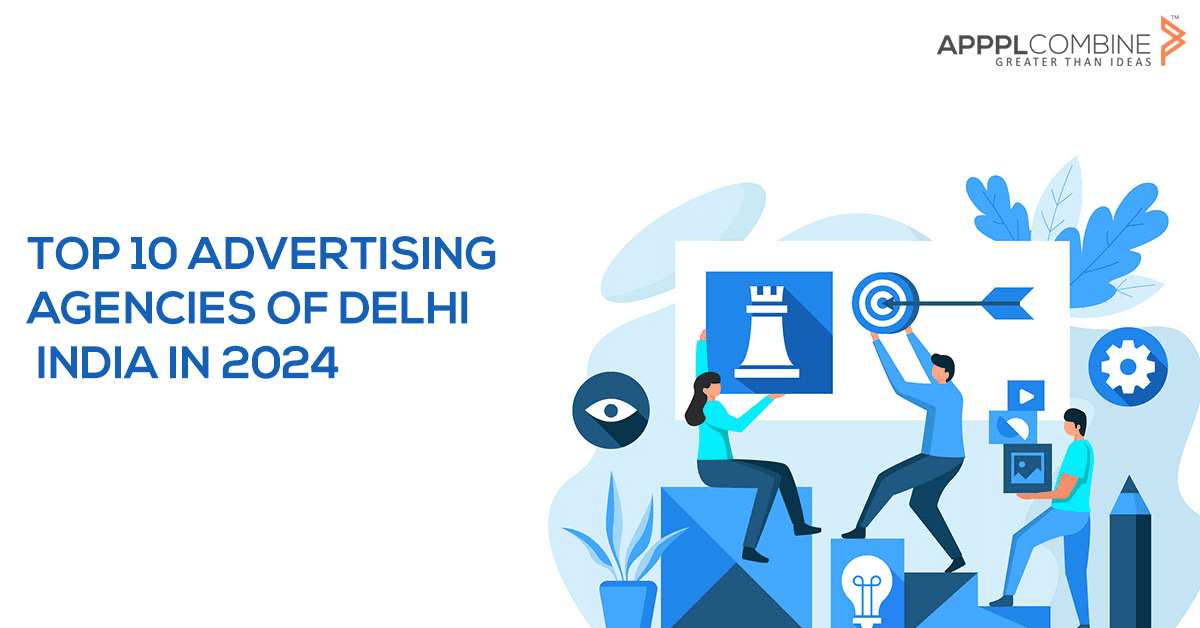
Explore the top 10 advertising agencies in Delhi NCR for 2024, where creativity and innovation converge.

Choosing the right advertising agency is a pivotal decision for any business aiming to enhance its brand visibility, reach a target audience, and achieve marketing goals.

Discover the strategic prowess of advertising agencies in Delhi, serving as partners for businesses seeking effective brand communication.

how full-service advertising agencies in Delhi NCR play a crucial role in seamlessly integrating Artificial Intelligence (AI) for business growth and competitiveness.

Discover how a creative agency in Delhi can inject innovation, craft captivating narratives, and build a brand that thrives.

Explore the key secrets to creating a successful marketing campaign, from setting clear goals to data-driven optimization.

Explore the evolving role of technology in brand marketing. Discover how technology has transformed customer-centric approaches, personalization, communication, and teamwork in the digital age.

Explore the multifaceted world of branding agency services and the role of Apppl Combine, a leading branding agency in Delhi. Learn how a professional branding agency defines brand strategy.
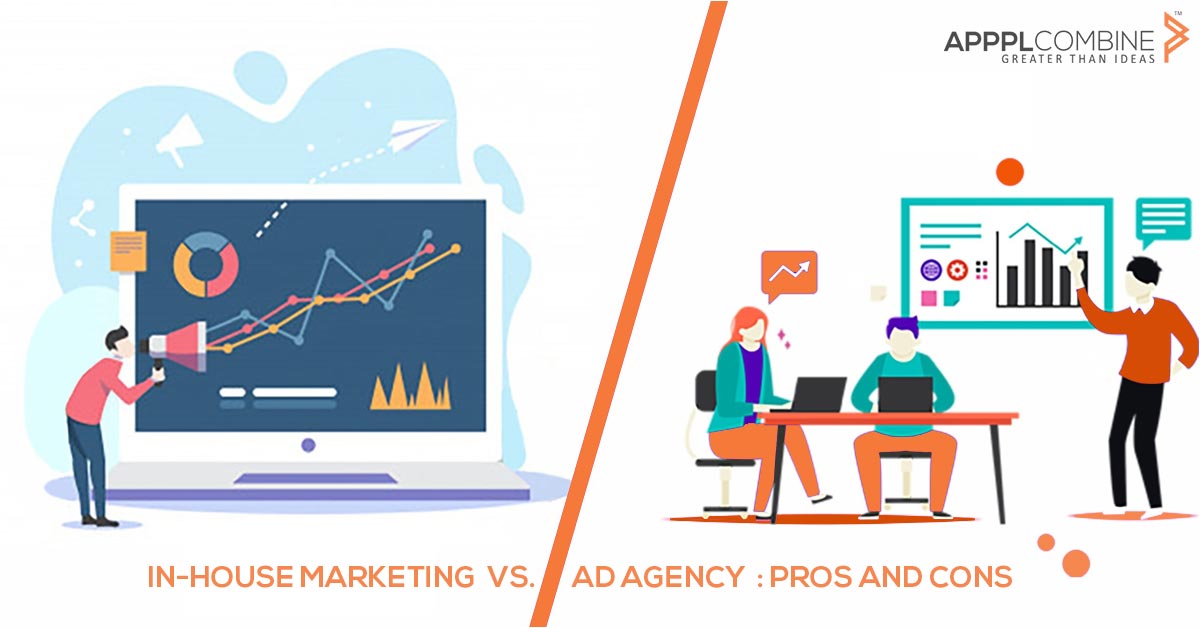
Explore the pros and cons of in-house marketing vs. advertising agencies to make an informed business choice.

Discover the comprehensive services provided by full-service advertising agencies, their benefits, and how to choose the right agency for your business needs.
Explore the role of creative agencies in branding, their services, and the benefits they bring to businesses. Learn how a creative agency can enhance your brand's visibility, create a unique identity.

Explore the transformative role of creative advertising agencies in Delhi, shaping brand landscapes, driving innovation, and inspiring change.

Selecting the ideal advertising agency will give you the confidence to confidently navigate New Delhi's dynamic business scene.

In the bustling streets and vibrant markets of Delhi lies a network of creative advertising agencies that serve as the architects of brand narratives.
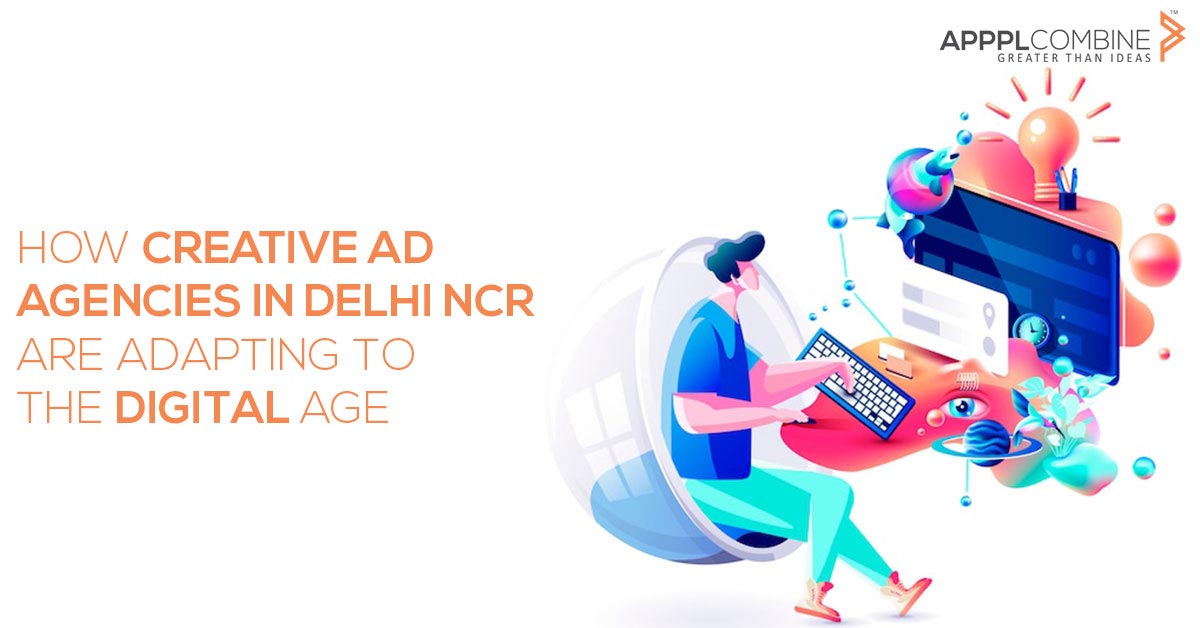
Discover how creative advertising agencies in Delhi NCR lead the digital transformation, leveraging online platforms, data analytics, and immersive experiences for impactful brand storytelling.

Explore the world of creative advertising agencies in Delhi NCR and discover the delicate balance between art and strategy.

Factors to consider when choosing the right advertising agency for your business. Apppl Combine offers a proven track record, comprehensive services, and a client-centric approach for effective market

Top 10 Advertising Agencies in Delhi. Find the best advertising firms in Delhi, India, with expertise in ad campaigns, brand management, and more.

Advertising plays a crucial role in shaping consumer behavior and promoting products and services. However, the ethical implications of advertising have long been a topic of debate.

An effective online presence in the digital age requires a website that useful as well as attractive. Selecting the ideal agency is essential for successful web design and development projects.

Content marketing has emerged as a powerful strategy for businesses to connect with their target audience, build brand awareness, and drive meaningful results.

Learn about the process of brand design and development, from defining your brand strategy to establishing a brand voice and monitoring your brand's performance.
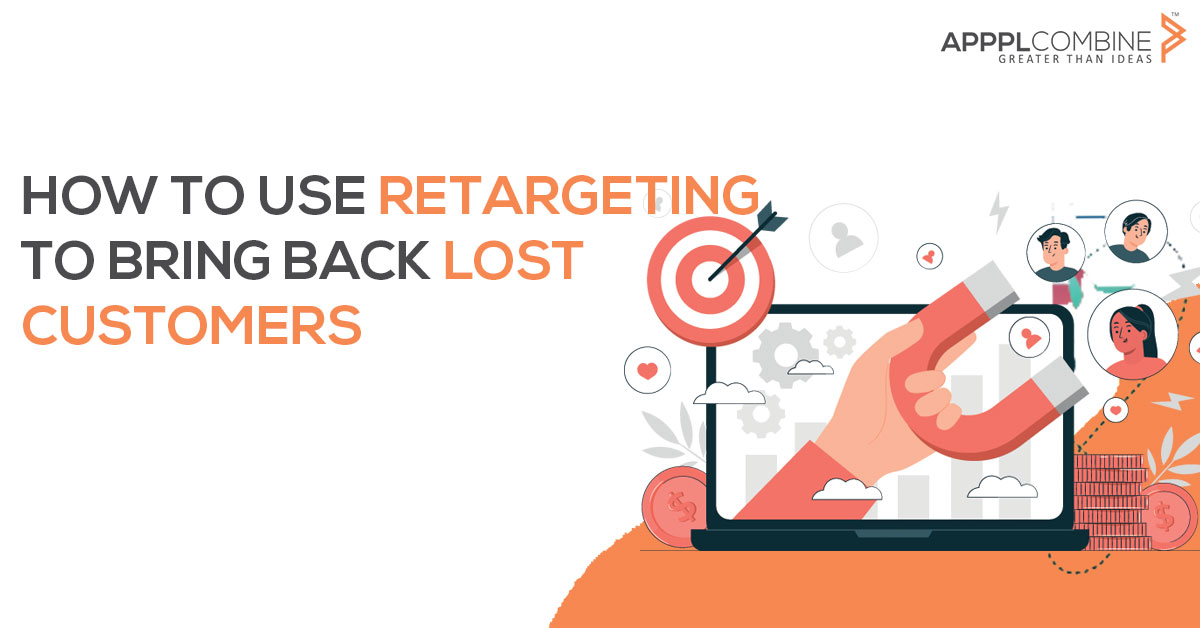
Learn effective retargeting strategies to bring back lost customers and boost your online marketing efforts. Explore how segmentation, dynamic retargeting, etc.

Learn how to create a cohesive branding strategy for your company to establish a strong brand identity and connect with your target audience.

In today's competitive marketplace, traditional advertising alone is no longer sufficient to engage and capture the attention of consumers.
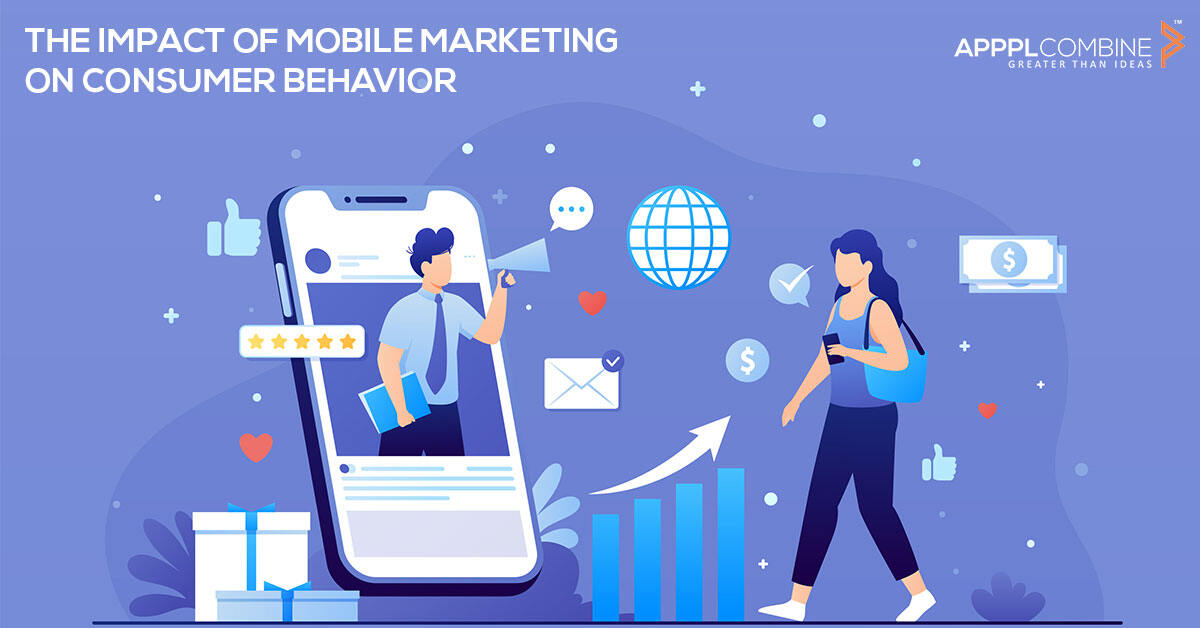
Examining the impact of mobile marketing on consumer behavior, exploring its influence on consumer decision-making, brand loyalty, and overall customer experience

Video marketing has become an essential tool for businesses to increase brand awareness, engage with customers, and drive sales.
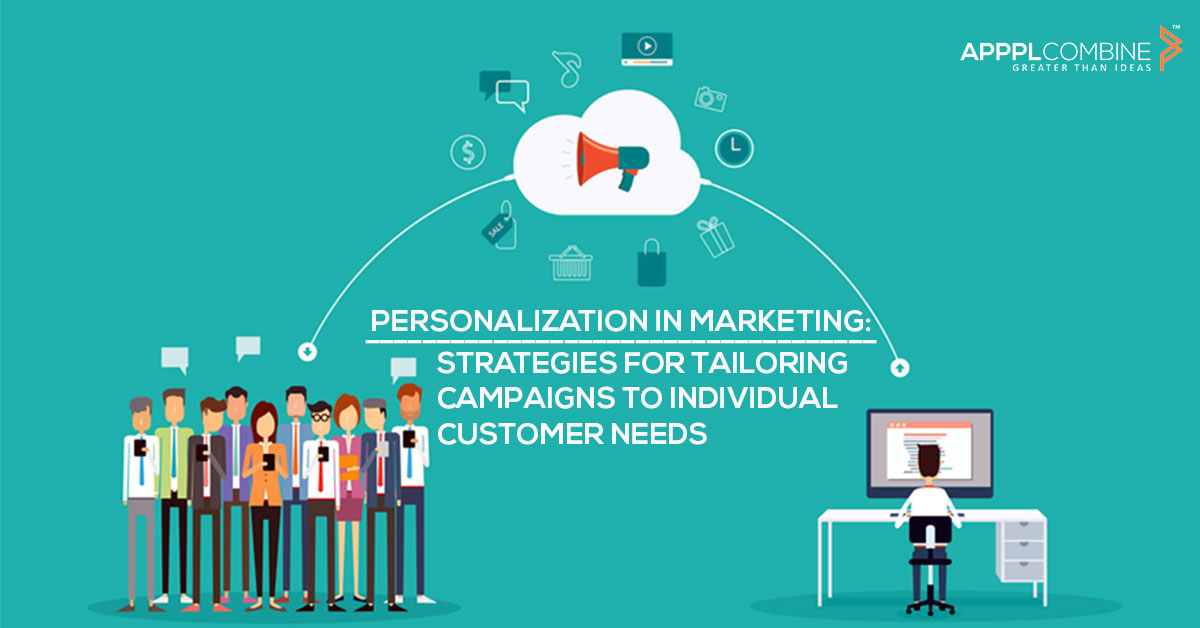
Personalization in marketing is the practice of tailoring marketing campaigns to the individual needs and preferences of customers.

A strong content strategy is essential for any digital marketing campaign. A content strategy outlines what content will be created, who the target audience is, how it will be distributed,
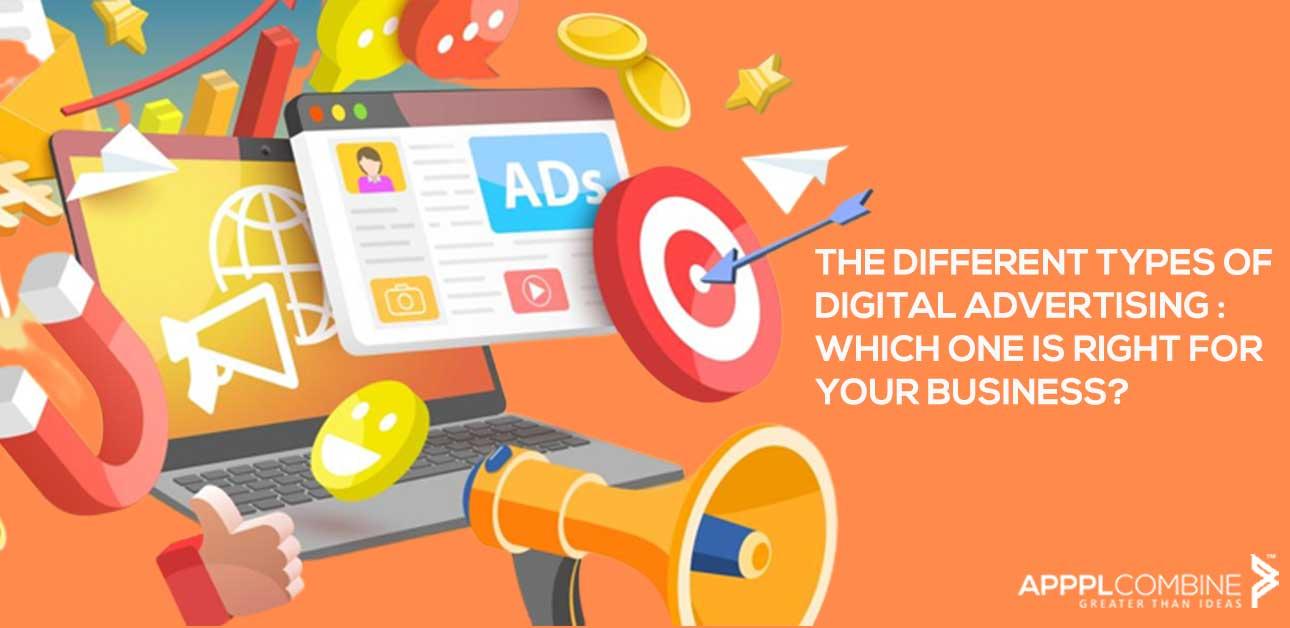
In the ever-evolving landscape of digital marketing, businesses have a wide array of options when it comes to advertising their products or services.

Multichannel marketing is a strategy that uses multiple platforms and channels to communicate with customers, increase engagement, and drive sales.
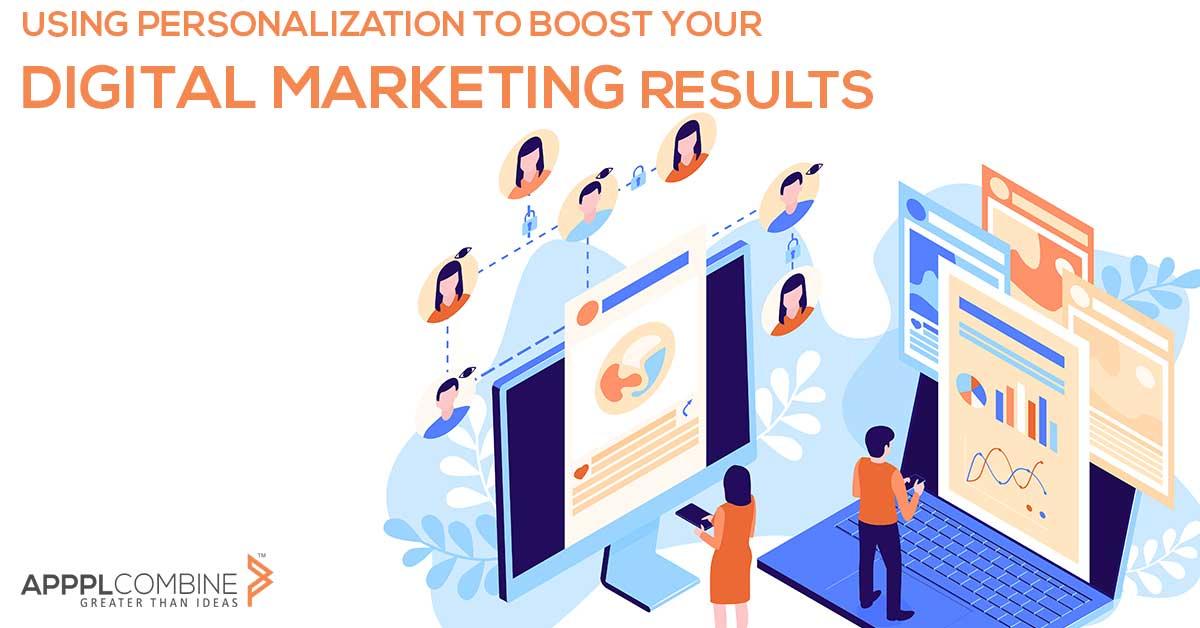
Personalization is the process by which you tailor your digital marketing efforts to the needs and wants of your target audience.

A branding agency help businesses figure out who they are and how they want to present themselves to their customers.

A boutique agency is a relatively small company that focuses on providing a high-end service to its customers.

A creative agency is a term used to describe a company that provides a variety of marketing and advertising services. Basically, they can assist you with any form of creative plan, task, or promotion.

Advertising agencies are service providers that help their clients to initiate, create and strategize marketing and communication measures. An advertising agency can either support its customers in al

A full-service agency is a company that provide the services of a creative team, digital marketing team, and PR team all under one roof.
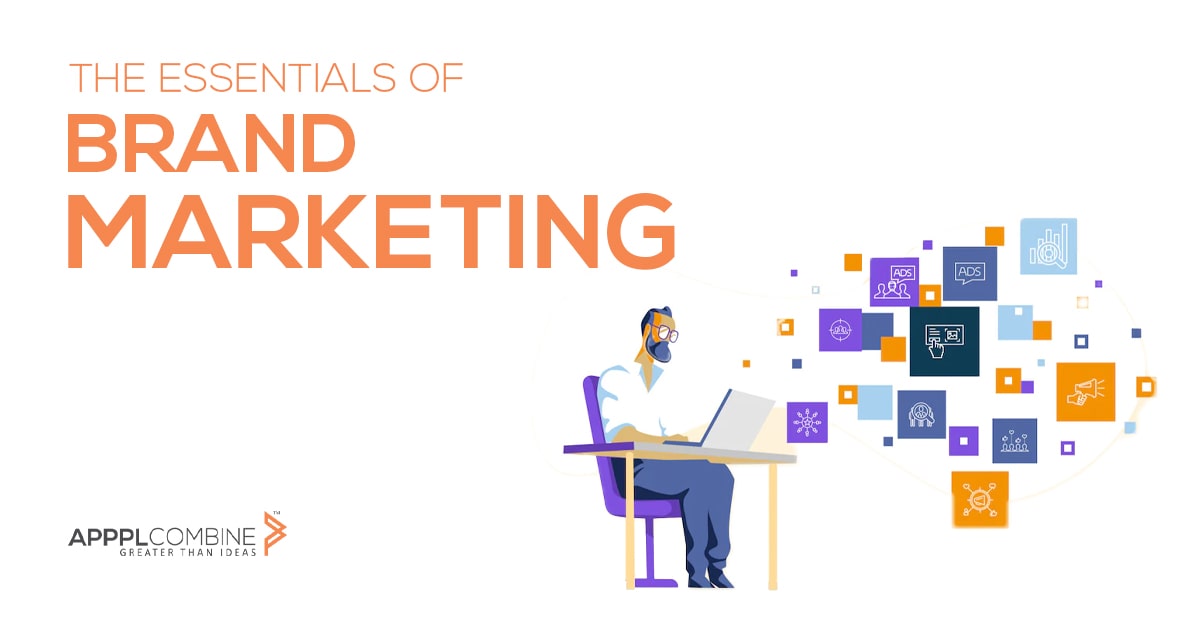
A brand is more than just a logo; it represents your company, your mission, and serves as the focal point for all aspects of your marketing.

Visual identity is one of the most crucial elements of a business’s branding efforts. It’s what gets people to notice you and learn more about your company, and it’s what helps them remember your bran

To guide you through the strategizing phase below are few points that will help one go a long way:

Brand building is really important to give a brand a unique touch and persona and it helps new businesses get a personalized voice, unmatched by competitors.

Brand consistency refers to delivering the brand message in line with the brand identity, values, and strategy over time.